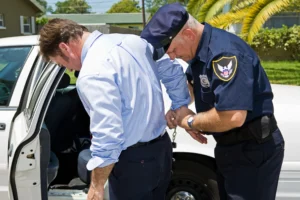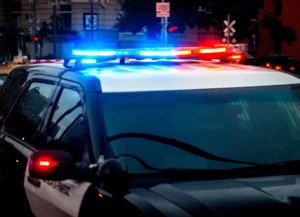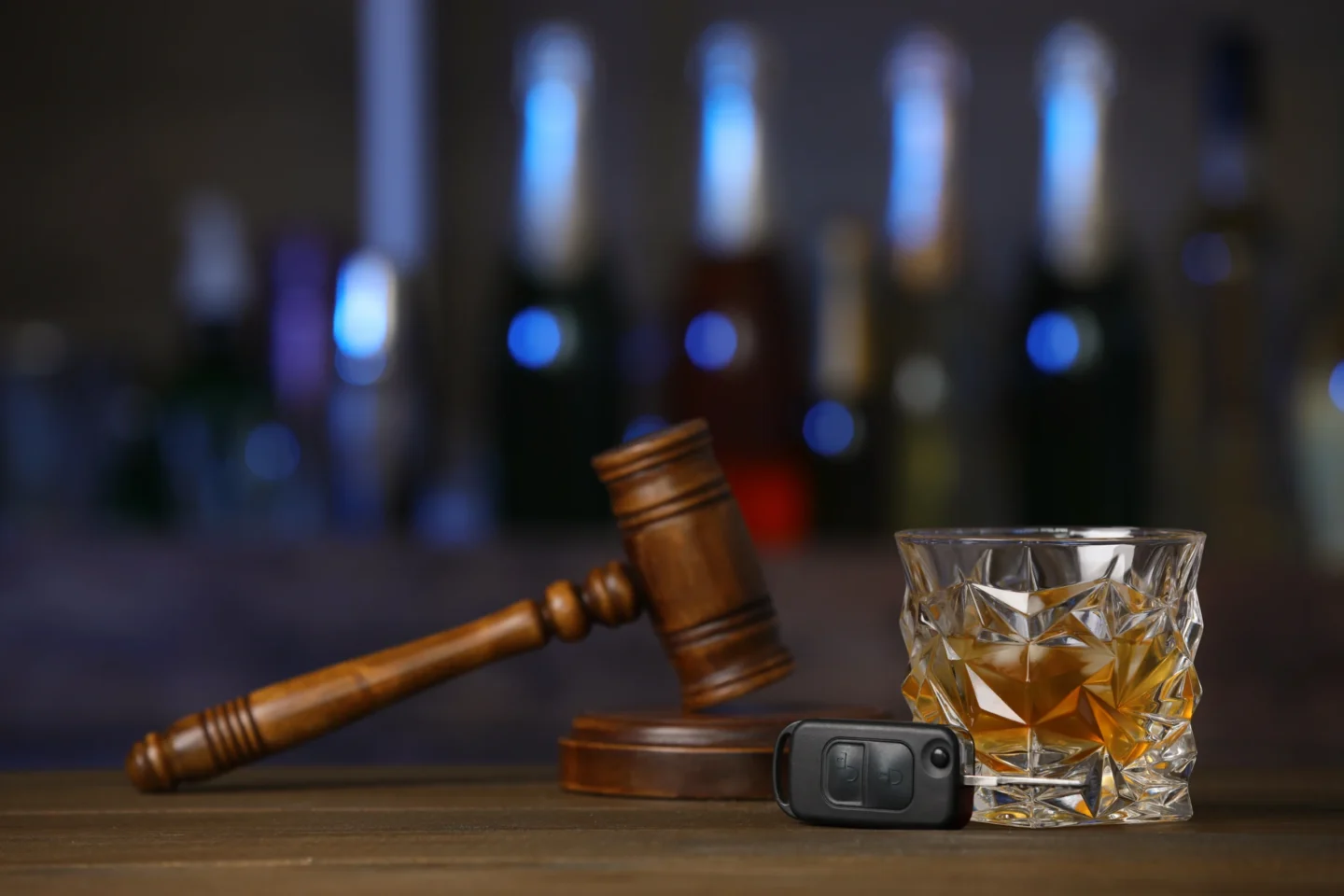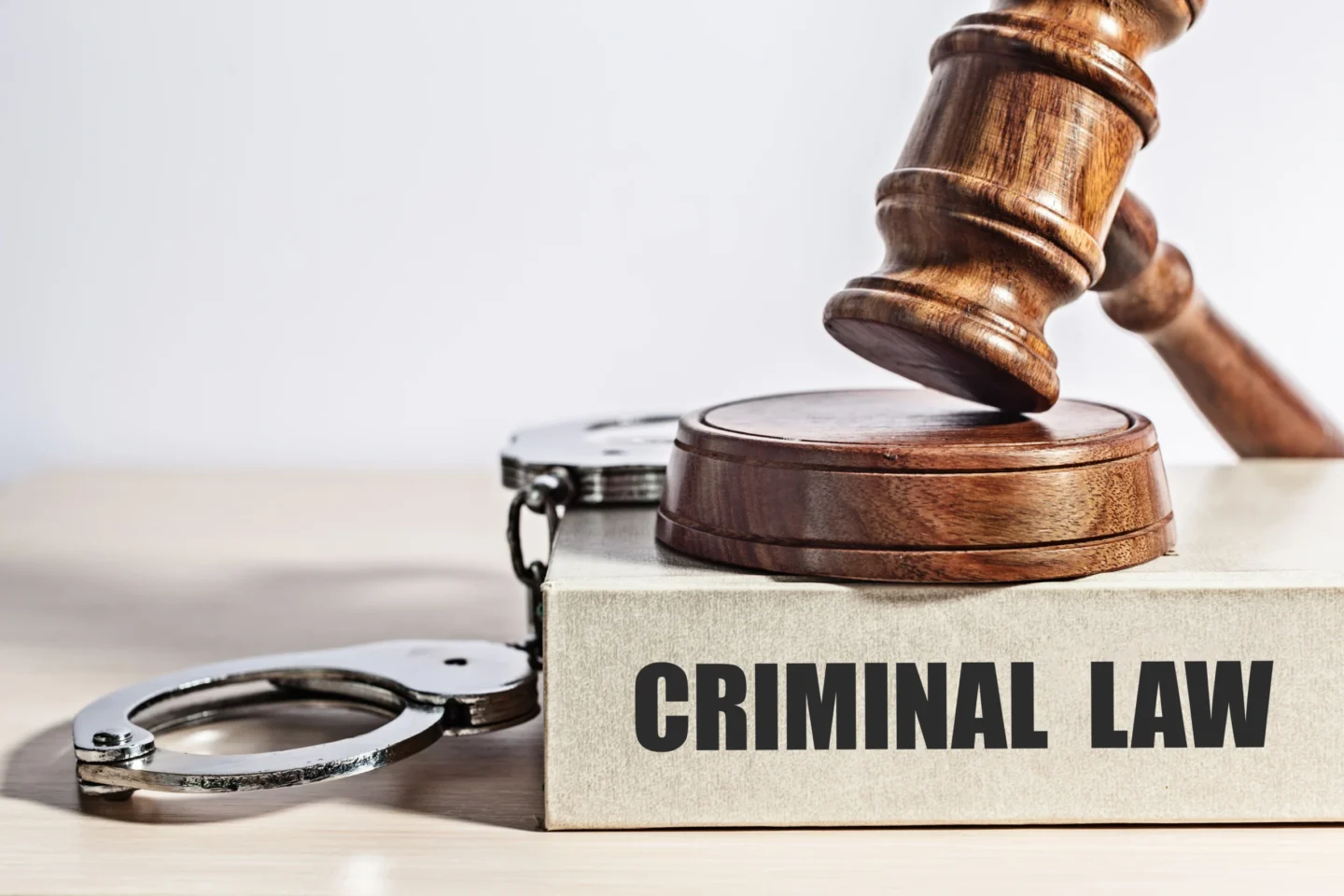
A DUI arrest in Edwardsville, IL can be a stressful and overwhelming experience. Many people assume that being arrested for driving under the influence automatically leads to a conviction, but that’s not always the case. Various factors can influence the outcome of a DUI charge, and with the right legal strategy, it may be possible to avoid a conviction or lessen the severity of the penalties.
Illinois DUI Laws and Legal Process
In Illinois, driving under the influence is a serious offense governed by strict laws. A person can be charged with DUI if they operate a vehicle with a blood alcohol concentration (BAC) of 0.08% or higher, are impaired by drugs or alcohol, or refuse a chemical test under Illinois’ implied consent law. However, an arrest does not automatically mean a guilty verdict. DUI cases in Edwardsville, IL must go through the court system, and the prosecution must prove the charges beyond a reasonable doubt.
Potential Defenses to a DUI Charge
Several legal defenses can be used to challenge a DUI charge in Illinois. These defenses focus on police procedures, evidence reliability, and legal technicalities that can impact the validity of the case.
- Improper Traffic Stop
Police officers must have a legitimate reason to stop a driver. If there was no probable cause, such as swerving or running a red light, the stop may be deemed unlawful. Evidence obtained from an illegal stop could be suppressed, weakening the prosecution’s case. - Faulty Field Sobriety Tests
Field sobriety tests, like walking in a straight line or standing on one leg, are not always accurate indicators of impairment. Many factors, such as medical conditions, uneven surfaces, or nervousness, can affect a person’s ability to perform these tests correctly. A skilled DUI attorney may argue that the results are unreliable. - Breathalyzer or Blood Test Errors
Chemical tests are a key part of a DUI case, but they are not infallible. Breathalyzers must be calibrated and maintained properly, and the officer administering the test must be trained. If there is evidence of improper procedures, contaminated samples, or a malfunctioning device, the results may be challenged in court. - Rising BAC Defense
Alcohol takes time to absorb into the bloodstream. If a driver consumed alcohol shortly before driving, their BAC may have been under the legal limit while driving but over the limit by the time they were tested. This argument could cast doubt on the prosecution’s timeline of events. - Lack of Evidence
The prosecution must prove that the defendant was actually impaired or over the legal limit while driving. If there is insufficient evidence, conflicting witness testimony, or unclear surveillance footage, a conviction may not hold up in court.

Alternative Outcomes to a DUI Conviction
Even if a DUI case is not dismissed, it may be possible to negotiate a plea bargain or enter a diversion program. In Illinois, first-time offenders may qualify for court supervision, which allows them to avoid a conviction if they meet certain conditions, such as attending DUI classes or completing community service.
If you have any more questions about DUI law in Edwardsville, IL, call Elovitz Law Office today.



